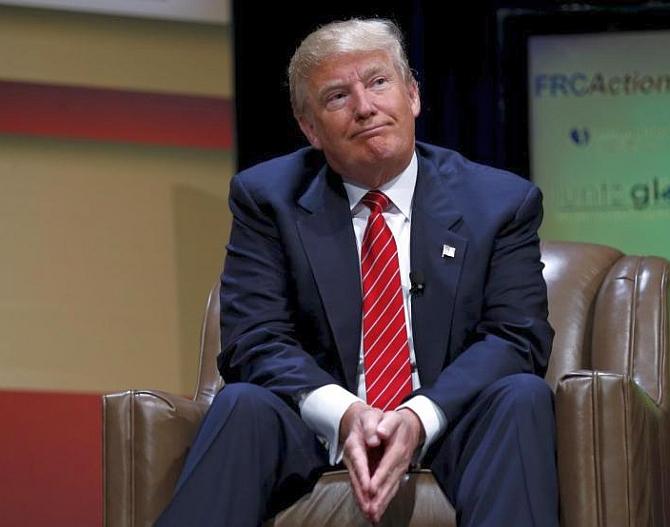The commerce department has said that earnings through the new tax will equal the losses faced by Indian industry after the US tariffs on steel and aluminium.

The government, after dragging its feet for almost a year, has decided to increase tariffs on 29 high-value US agricultural and industrial imports by up to 50 per cent. This will take effect on June 16.
Originally slated to be clamped on August 4 last year, the tariffs were deferred eight times. But now several government sources have confirmed this is part of a “retaliatory measure” against the Trump administration, despite the customs authorities officially not terming it as such.
The move comes after Washington, DC, paid no heed to New Delhi’s request to exempt India from the higher tariffs announced by the US on steel imports by 25 per cent and aluminium imports by 10 per cent.
The commerce department has informed the finance and external affairs ministries of the move and an official notification will be issued by Saturday, a senior government source said.
Washington, DC, has been apprised of the move, which is expected to rake in about $235 million.
High-stake products
The commerce department has said that earnings through the new tax will equal the losses faced by Indian industry after the US tariffs on steel and aluminium.
While only a small fraction of India's aluminum and steel exports reach US shores, New Delhi is miffed because the US did not accede to its request even as Mexico and Canada received a waiver.
The list of products considered for duty increase has 18 iron and steel items, which is seemingly a reply to US President Donald Trump’s tariff hikes in the sector.
However, the government had dropped “motorcycles above 800cc” from the list. Despite India importing bikes worth only about $10 million in the category in 2017-18, Trump has continued to use a company (Harley Davidson) manufacturing such motorcycles as an instrument to attack India on market access issues.
However, in terms of real import value based on the last financial year’s trade, agricultural commodities such as apples and almonds will be hit.
The US is the largest exporter to India of both items and US exporters of chickpeas, lentils, walnuts, and artemia (brine shrimps) may find contracts getting cancelled owing to higher import duties on these products.
Back and forth
In his recent visit to India, US Commerce Secretary Wilbur Ross said India was only the 13th largest export market for America due to its overtly restrictive market access barriers. The US, on the other hand, is India’s largest export market, accounting for 20 per cent of all shipments. India continued deferring the tariffs, hoping to strike a joint trade package offering an optimum level of duty reduction in certain categories.
As a result, India had offered to reduce tariffs on telecom network equipment and medical devices, but currently, such plans are dead in the water, senior officials said.
The latest deferment on May 16 was allowed by the government after the US assured India its benefits under the Generalised System of Preferences would not be cut until the elections were over.
This assurance was given on the condition that India would not put retaliatory tariffs. Senior industry leaders said the list had several items that the government had earlier pushed importers to source from countries other than the US.












 © 2025
© 2025